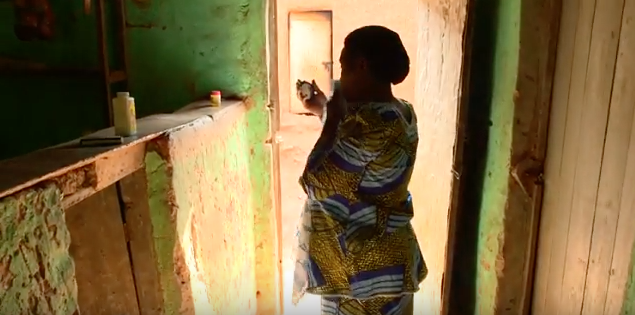Located at the converging point between the African Great Lakes region and East Africa, the Republic of Rwanda is an environmentally, economically and culturally diverse country rebuilding its identity in the wake of the 1994 Rwandan genocide, in which approximately 800,000 Tutsis were killed by Hutu extremists. The country takes pride in its regional fauna, which includes elephants, gorillas, hippos, giraffes and zebras. Travelers interested in viewing Rwandan wildlife can observe it in three national parks: Volcanoes National Park, Nyungwe Forest National Park and Akagera National Park. “Mama Rwanda” also shows Kigali, the capital of Rwanda and the heart of its economic and cultural life. The city boasts a vibrant marketplace and architecture that combines traditional and modern styles. Outside the city, Rwanda’s expansive coffee growing fields are tended by over 450,000 planters. Basket weaving has been an important aspect of Rwandan culture for centuries and is now being used by women impacted by the Rwandan genocide to pursue greater economic independence as producers within an international market. Hutu and Tutsi women have come together to weave baskets, a practice that is now a symbol of national reconciliation. These businesses sell their wares to both small stores and large department stores like Macy’s. The profits of weaving companies are often used to support Rwandan families in need of food and medicine.

